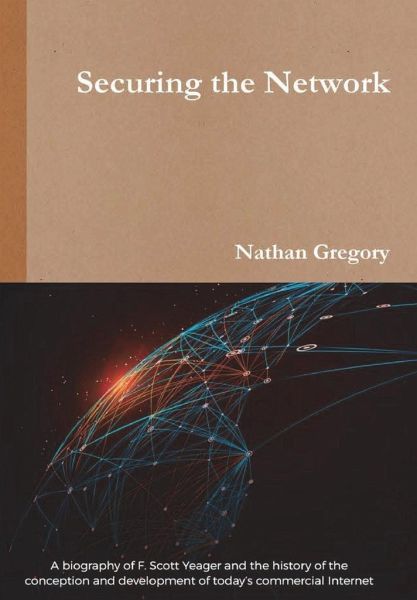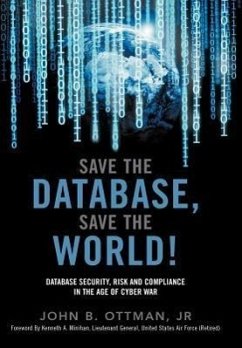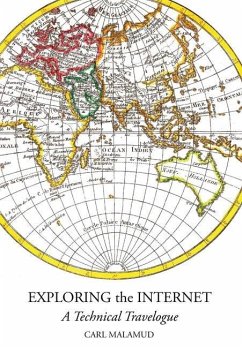
Securing the Network
Versandkostenfrei!
Versandfertig in über 4 Wochen
40,99 €
inkl. MwSt.

PAYBACK Punkte
20 °P sammeln!
From the chaos of the early DARPA, ARPANET and NSF-funded NSFNET has emerged a globe-spanning communications facility we today call simply "The Internet." It has become so commonplace and so taken for granted that Wired News has decreed that writers should no longer capitalize it. This tale is not singularly focused on the past. It tells not only how we got here, but where we think the Commercial Internet must go. For all its greatness, today's Internet has serious shortcomings. Theft of personal data, identity theft, online scams, and advertising fraud run rampant, with online dollars diverte...
From the chaos of the early DARPA, ARPANET and NSF-funded NSFNET has emerged a globe-spanning communications facility we today call simply "The Internet." It has become so commonplace and so taken for granted that Wired News has decreed that writers should no longer capitalize it. This tale is not singularly focused on the past. It tells not only how we got here, but where we think the Commercial Internet must go. For all its greatness, today's Internet has serious shortcomings. Theft of personal data, identity theft, online scams, and advertising fraud run rampant, with online dollars diverted to organized crime. Insecure systems, poor security practices and an attitude of secrecy and reluctance to acknowledge failings inhibit real solutions. We propose a way forward, a networking future that is bright, optimistic, and secure.












